A Golden Dice, A Heavy Burden: Why Baldur’s Gate 3’s Bard is the True Test of Skill
Popular Now
 BeamNG.drive
BeamNG.drive
 Fall Guys
Fall Guys
 NBA 2K24
NBA 2K24
 Auto X Drift Racing 3
Auto X Drift Racing 3
 CarX Street
CarX Street
 League of Legends
League of Legends
 Candy Crush Saga
Candy Crush Saga
 EA SPORT FC 25
EA SPORT FC 25
 Grand Theft Auto V
Grand Theft Auto V
 Schedule I
Schedule I 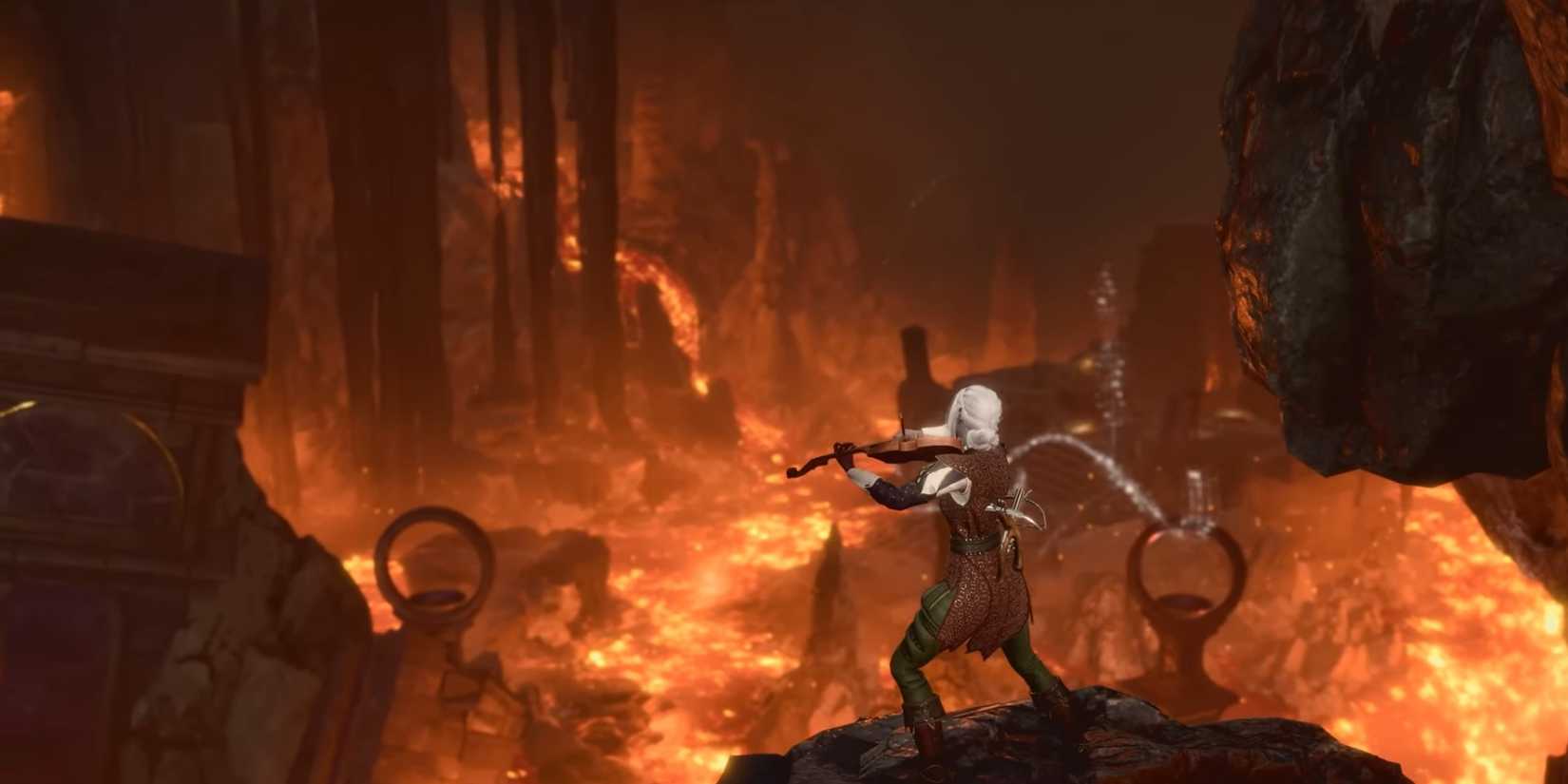 In the vast, intricate world of Baldur’s Gate 3, the ultimate challenge for a player is widely considered to be Honour Mode. This permadeath difficulty setting, introduced by Larian Studios, is a test of a player’s mastery of the game’s mechanics, meticulous planning, and luck. Completing it grants players the coveted Golden Dice, a symbol of their achievement. Yet, a peculiar consensus has begun to form within the community: that playing the game as a Bard, especially without the benefit of a highly optimized party, is a more demanding and frustrating experience than even the unforgiving nature of Honour Mode.
In the vast, intricate world of Baldur’s Gate 3, the ultimate challenge for a player is widely considered to be Honour Mode. This permadeath difficulty setting, introduced by Larian Studios, is a test of a player’s mastery of the game’s mechanics, meticulous planning, and luck. Completing it grants players the coveted Golden Dice, a symbol of their achievement. Yet, a peculiar consensus has begun to form within the community: that playing the game as a Bard, especially without the benefit of a highly optimized party, is a more demanding and frustrating experience than even the unforgiving nature of Honour Mode.
 The Straight Path: The Formulaic Success of Honour Mode
The Straight Path: The Formulaic Success of Honour Mode
Honour Mode’s difficulty is external. The game is designed to be punishing, with new “Legendary Actions” for bosses and a single-save file system that makes every decision permanent. To succeed, players must embrace a hyper-optimized playstyle. The most effective Honour Mode builds are often centered around high-damage, “meta” classes like Sorcerers, Paladins, and Fighters. The strategy is to burst down enemies before they can retaliate, and the path to victory is well-trodden. The community has shared and refined these builds, turning Honour Mode into a solvable puzzle. The challenge lies in execution, not in fundamental class design. This approach, while difficult, offers a clear, linear progression. You build your character for combat efficiency, you prepare for encounters with meticulous detail, and you stick to the plan. There is no room for mistakes, but there are also no major surprises in the gameplay loop itself. The difficulty is a known quantity.
 The Bard’s Labyrinth: A Different Kind of Frustration
The Bard’s Labyrinth: A Different Kind of Frustration
In stark contrast, playing a Bard is a journey filled with internal, nuanced challenges that a typical Honour Mode player might never fully grasp. While the Bard is a powerful and versatile class, their “Jack-of-All-Trades” nature often comes with a significant trade-off in specialized power. This leads to a unique set of difficulties that can feel far more frustrating than a simple game over.
- The Generalist’s Dilemma: Bards are not masters of any single domain. While a Paladin can smite an enemy into dust, and a Cleric can keep the party alive with powerful healing, a Bard must be a bit of everything at once. Their combat abilities, particularly in the early game, can feel underwhelming. This lack of specialization is a constant source of frustration for players who are used to the straightforward, destructive power of other classes.
- The Social Minefield: The Bard’s greatest strength is their Charisma. They can talk their way out of nearly any situation, bypassing entire combat encounters. However, this also puts the onus on the player to navigate a social minefield. With the permanent consequences of Honour Mode, a failed dialogue roll can lead to an unwinnable fight. This is especially true with spells like “Friends,” which can turn NPCs hostile once the effect wears off—a risk that a pure combat class doesn’t have to worry about. The Bard’s power lies in the social arena, which can feel like a job rather than a fun mechanic for some players.
- The Early-Game Grind: Bards start the game at a significant disadvantage. With limited damaging cantrips and weak weapon proficiencies, they often feel underpowered in combat until they reach higher levels. This feeling of being “useless” in the early game is a common complaint for new Bard players, a feeling that an optimized Honour Mode run, with its focus on immediate power, simply avoids.
- The Versatility Paradox: While their versatility is a strength, it can also be a source of confusion and decision paralysis. With a wide range of spells and skills, it can be difficult to know what to do in any given situation. Should you buff your allies with “Bardic Inspiration,” debuff an enemy with “Vicious Mockery,” or try to control the battlefield with a spell? This constant state of choice can be overwhelming and lead to inefficient turns, which is a death sentence in Honour Mode.
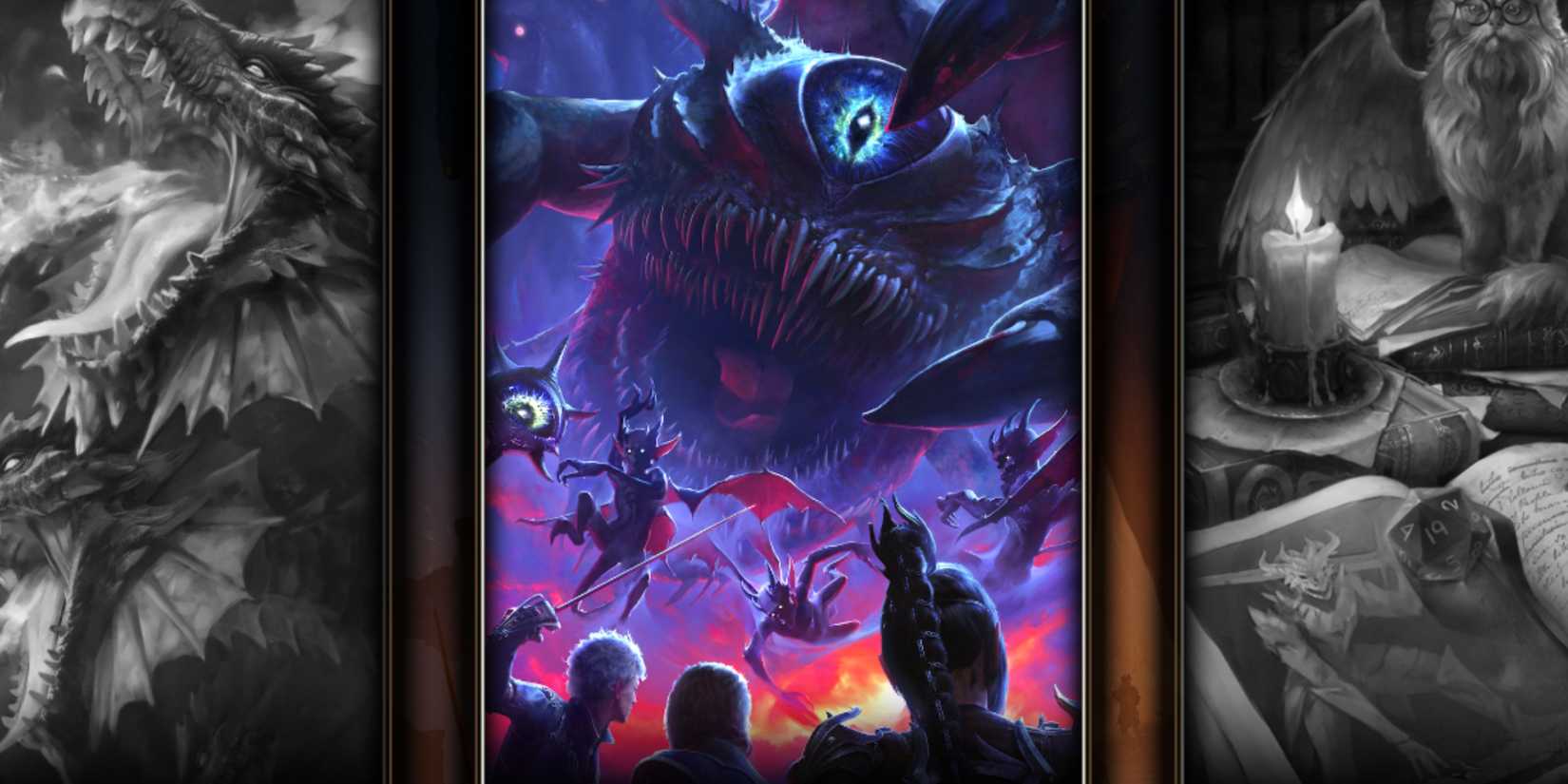 Conclusion: The True Nature of a Challenge
Conclusion: The True Nature of a Challenge
While the statistics show that only a small percentage of players have conquered Honour Mode, the true test of skill might not be in a flawless, min-maxed run. It might be in the player who chooses to play as a Bard, embracing their “Jack-of-All-Trades” nature and navigating the game’s intricate social and combat systems with finesse and creativity. Honour Mode is a test of a player’s ability to solve a puzzle with a known solution. The Bard, on the other hand, is a test of a player’s ability to adapt, to overcome internal struggles, and to find victory not in overwhelming power, but in a clever turn of phrase or a well-timed song. In a game filled with epic battles and high-stakes combat, the Bard’s unique challenge stands out as a testament to Larian’s brilliant design and a humbling reminder that sometimes, the hardest path isn’t the one with the most enemies, but the one you choose for yourself.









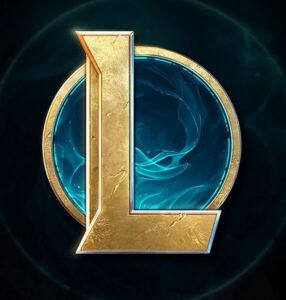

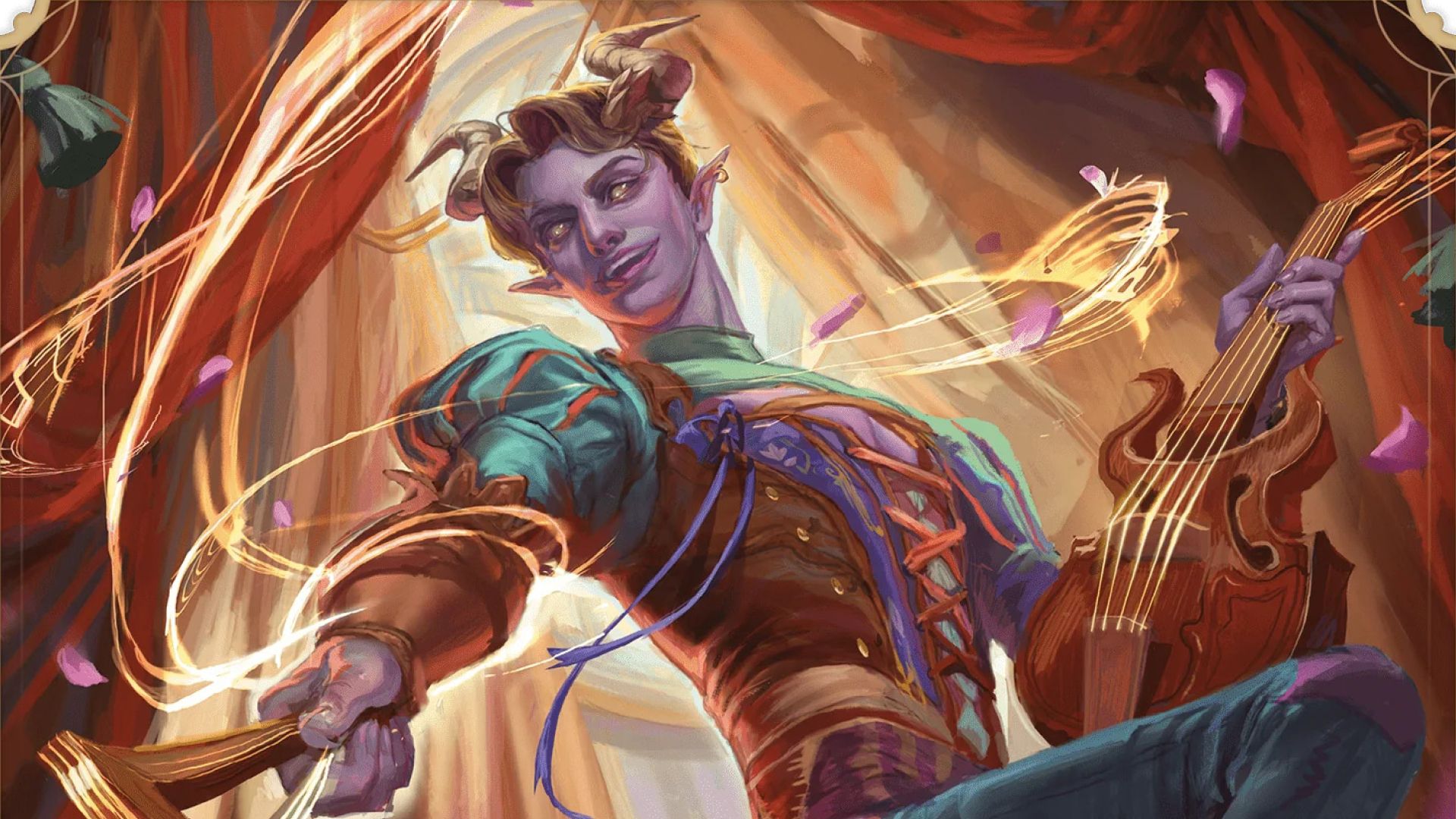 The Straight Path: The Formulaic Success of Honour Mode
The Straight Path: The Formulaic Success of Honour Mode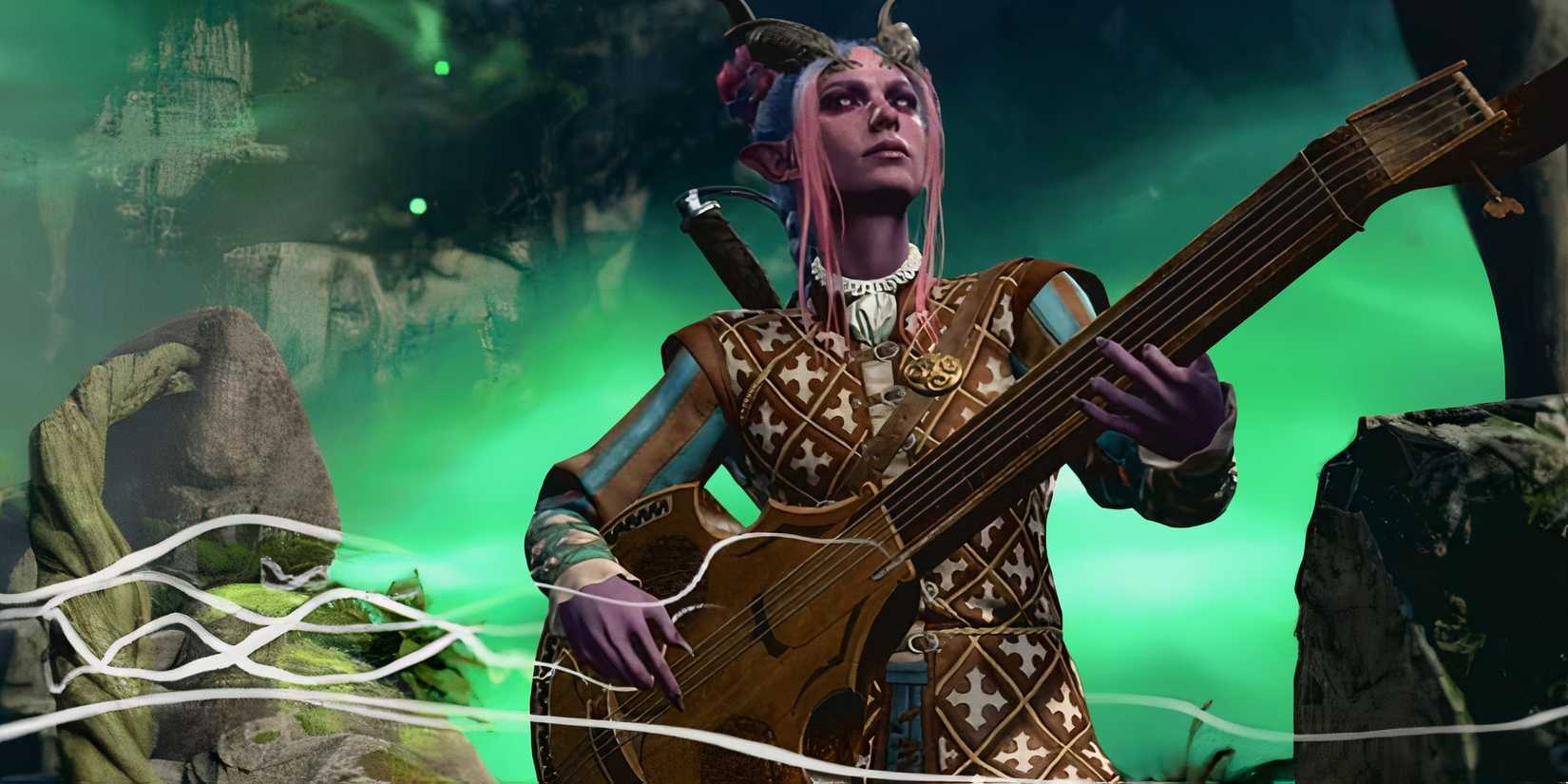 The Bard’s Labyrinth: A Different Kind of Frustration
The Bard’s Labyrinth: A Different Kind of Frustration